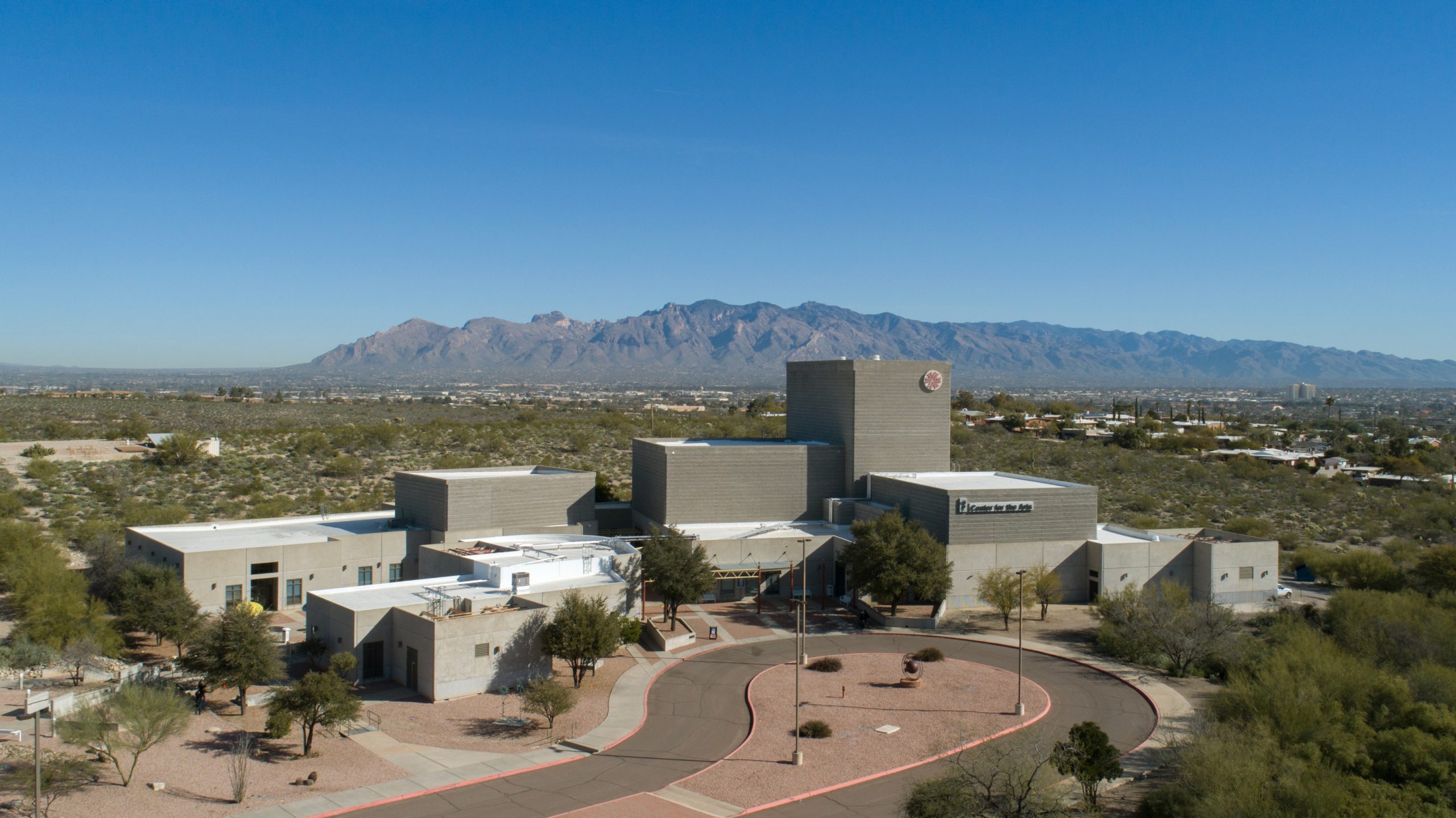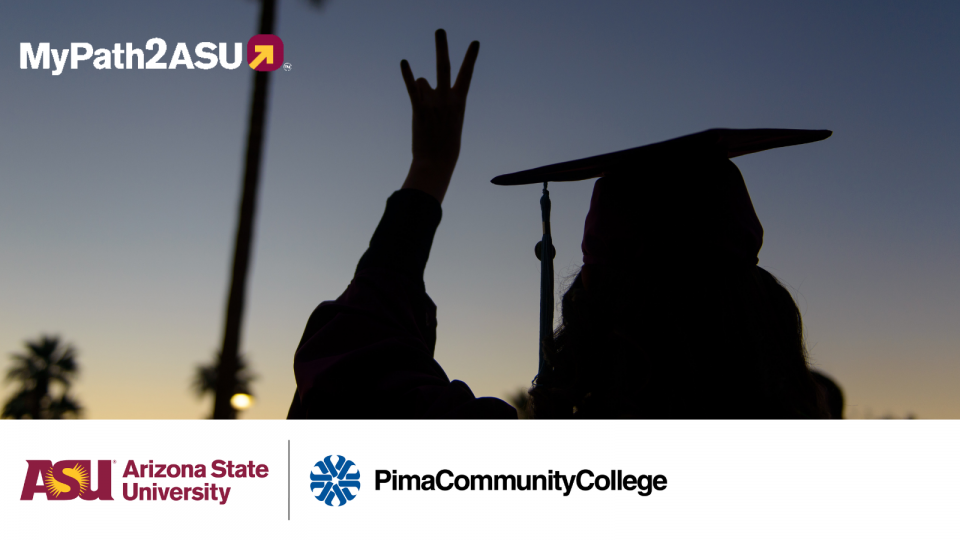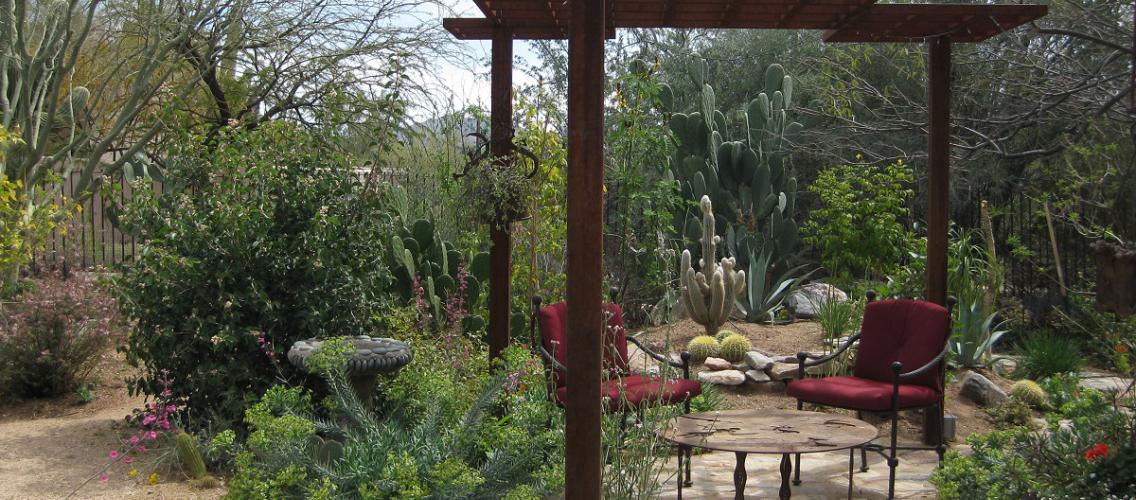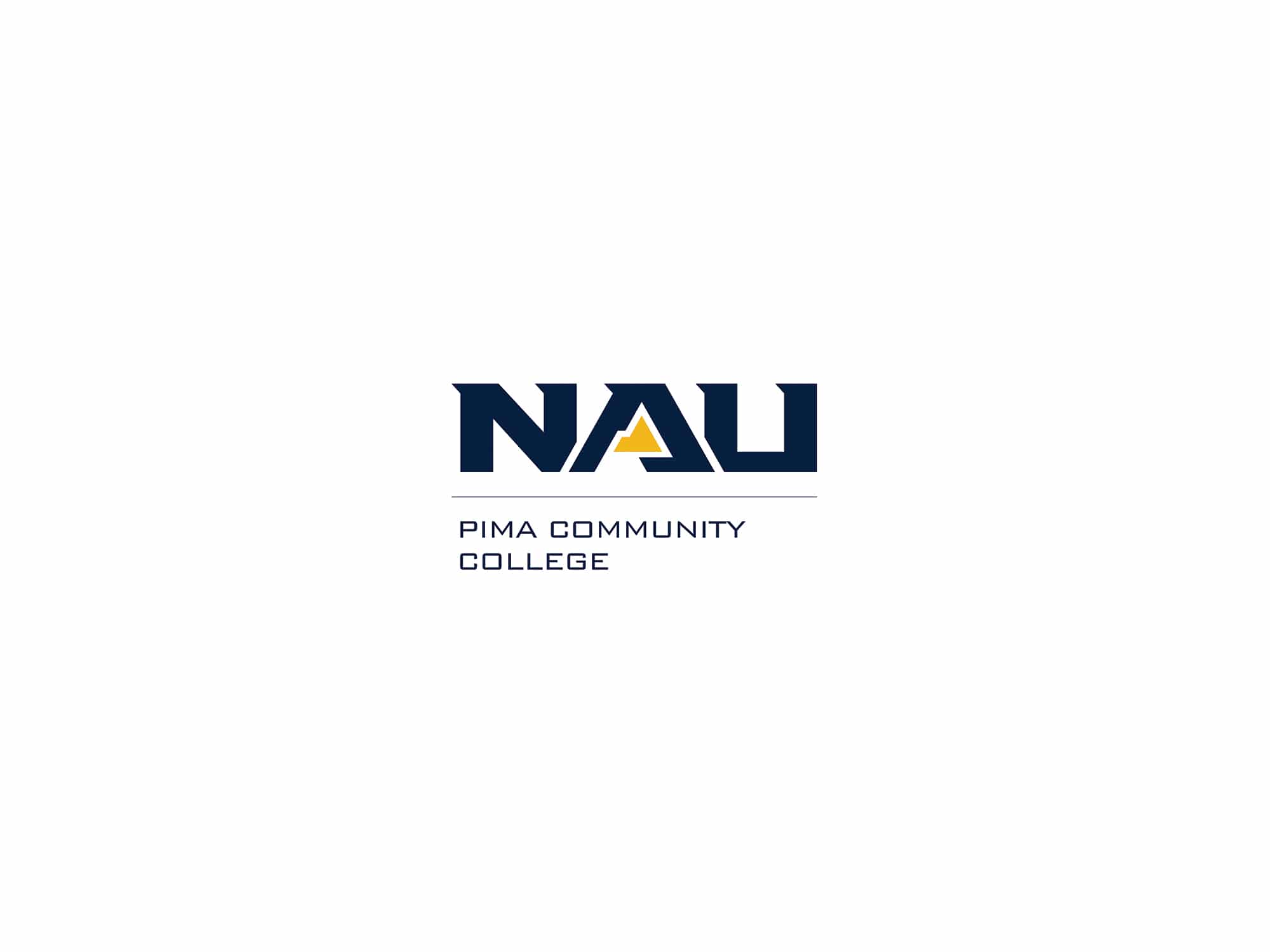The University of Arizona’s Pima Partnership: A Model for Sustainable Development and Community Engagement
Related Articles: The University of Arizona’s Pima Partnership: A Model for Sustainable Development and Community Engagement
Introduction
In this auspicious occasion, we are delighted to delve into the intriguing topic related to The University of Arizona’s Pima Partnership: A Model for Sustainable Development and Community Engagement. Let’s weave interesting information and offer fresh perspectives to the readers.
Table of Content
The University of Arizona’s Pima Partnership: A Model for Sustainable Development and Community Engagement

The University of Arizona’s Pima Partnership (PMap) represents a groundbreaking initiative aimed at fostering sustainable development and community engagement in the Pima County region. This program, launched in 2006, exemplifies a unique approach to collaborative research, education, and community outreach, bringing together diverse stakeholders to address critical regional challenges.
A Multifaceted Approach to Sustainable Development
PMap’s success stems from its multi-pronged strategy, encompassing:
- Research and Innovation: PMap facilitates research projects that address pressing issues related to the environment, water resources, economic development, and social well-being. This research fosters innovation and provides valuable data to inform policy decisions and community initiatives.
- Education and Training: PMap supports educational programs and training initiatives that equip students and community members with the knowledge and skills necessary to address regional challenges. This includes offering specialized courses, workshops, and internships focused on sustainability, environmental stewardship, and community development.
- Community Engagement: PMap actively engages with local communities, fostering collaboration and building relationships with diverse stakeholders. This includes working with government agencies, non-profit organizations, businesses, and residents to develop and implement sustainable solutions.
Key Areas of Focus
PMap’s impact is evident in its focus on several critical areas:
- Water Resources: Pima County faces significant challenges related to water scarcity and management. PMap supports research projects exploring innovative water conservation techniques, water reuse strategies, and drought-resistant landscaping.
- Economic Development: PMap promotes sustainable economic development by fostering entrepreneurship, supporting local businesses, and attracting new investments in sectors aligned with environmental sustainability.
- Environmental Sustainability: PMap works to protect and restore natural ecosystems, promoting sustainable land use practices, reducing pollution, and mitigating the impacts of climate change.
- Social Equity and Inclusion: PMap recognizes the importance of social equity and inclusion in achieving sustainable development. It prioritizes community engagement, ensuring that all voices are heard and that benefits are distributed fairly.
A Collaborative Framework for Success
PMap’s success is attributed to its collaborative framework, bringing together a diverse array of partners:
- University of Arizona: PMap leverages the University’s academic expertise, research capabilities, and educational resources.
- Pima County Government: Pima County provides leadership, resources, and policy support for PMap initiatives.
- Community Organizations: PMap collaborates with non-profit organizations, businesses, and community groups to implement projects and programs.
- Private Sector: PMap engages with businesses and industry to promote sustainable practices, foster innovation, and create economic opportunities.
Benefits of the Pima Partnership
PMap’s impact extends beyond research and education, delivering tangible benefits to the Pima County region:
- Improved Environmental Health: PMap’s initiatives contribute to cleaner air and water, reduced pollution, and healthier ecosystems.
- Enhanced Economic Opportunities: PMap fosters sustainable economic development, creating jobs and attracting new investments.
- Increased Community Resilience: PMap empowers communities to adapt to climate change, manage water resources, and build a more sustainable future.
- Strengthened Community Relationships: PMap builds bridges between the University, local government, and community organizations, fostering collaboration and shared decision-making.
FAQs
Q: How does PMap differ from other university-community partnerships?
A: PMap distinguishes itself through its comprehensive approach to sustainable development, integrating research, education, and community engagement. This holistic framework fosters a deeper understanding of regional challenges and empowers communities to play a proactive role in finding solutions.
Q: What are some specific examples of PMap’s impact on the community?
A: PMap has supported the development of sustainable landscaping guidelines for Pima County, conducted research on water conservation techniques for local businesses, and partnered with community organizations to implement urban forestry projects.
Q: How can individuals get involved in PMap initiatives?
A: Individuals can participate in PMap’s educational programs, volunteer for community projects, and contribute to research efforts. They can also advocate for sustainable practices in their daily lives and engage with local government and organizations on issues related to sustainability.
Tips for Engaging with PMap
- Stay Informed: Visit the PMap website and follow their social media channels to stay updated on current initiatives and events.
- Participate in Events: Attend workshops, conferences, and public forums organized by PMap to learn more about their work and connect with other stakeholders.
- Share Your Ideas: PMap welcomes community input and encourages individuals to share their ideas and perspectives on regional challenges.
- Support Sustainable Practices: Make conscious choices in your daily life to support environmental sustainability and promote a more resilient community.
Conclusion
The University of Arizona’s Pima Partnership stands as a model for collaborative, community-driven sustainable development. By integrating research, education, and community engagement, PMap empowers communities to address critical regional challenges and build a more sustainable and equitable future. Its impact extends beyond academic research, fostering economic growth, environmental stewardship, and social well-being for all residents of Pima County. PMap’s success serves as a testament to the power of collaboration and the importance of engaging diverse stakeholders in shaping a brighter future for the region.

.JPG?itok=Nxq7CLpG)

.png?itok=-bsVxLg4)



Closure
Thus, we hope this article has provided valuable insights into The University of Arizona’s Pima Partnership: A Model for Sustainable Development and Community Engagement. We thank you for taking the time to read this article. See you in our next article!
